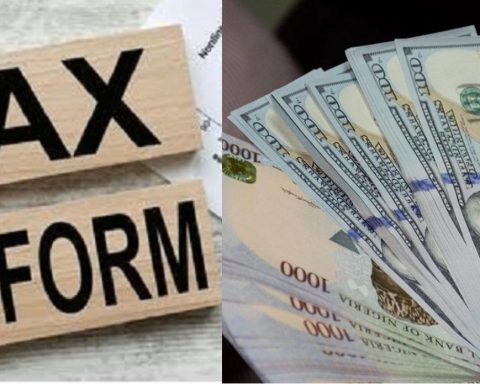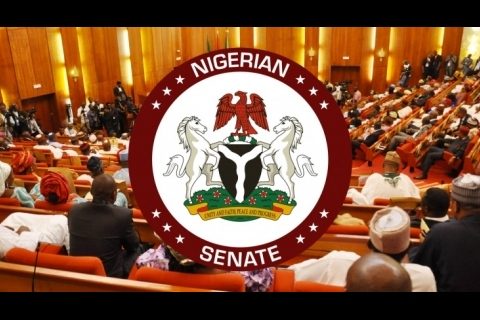The Nigerian Government has published the new tax laws in the official gazette, marking a significant milestone in the country’s fiscal policy reform.
This was announced in a statement by Kamorudeen Yusuf, Personal Assistant on Special Duties to the President, via his X handle.
Join our WhatsApp ChannelThis comes two months after President Bola Tinubu gave assent to the legislation on 26 June 2025.
The new laws are:
Nigeria Tax Act (NTA) 2025 – establishes new tax rates, exemptions, and incentives.
Nigeria Tax Administration Act (NTAA) 2025 – Focuses on the administrative processes and compliance mechanisms.
Nigeria Revenue Service (Establishment) Act (NRSEA) 2025 – creates a new revenue service agency for efficient tax collection.
Joint Revenue Board (Establishment) Act (JRBEA) 2025 – Facilitates coordination between federal and state revenue boards.
The reforms aim to simplify Nigeria’s tax system, support small businesses, attract investment, and strengthen fiscal stability.
READ ALSO: Nigeria’s New Tax Laws: Key Benefits For SMEs And Workers
While the Nigeria Revenue Service Act and Joint Revenue Board Establishment Act became effective on 26 June 2025, the Nigeria Tax Act (NTA) and Nigeria Tax Administration Act (NTAA) will take effect on 1 January 2026.
Major Provisions in the Tax Laws
Small Business Exemption: Businesses with an annual turnover below ₦100 million and assets under ₦250 million are exempt from corporate tax
Corporate Tax Reduction: The corporate tax rate for large firms may be reduced from 30 per cent to 25 per cent at the President’s discretion, based on advice from the National Economic Council.
Top-up Tax Thresholds: Local firms with revenue below ₦50 billion and multinationals with earnings under €750 million are exempt from top-up taxes.
Tax Credits: A 5 per cent annual tax credit is introduced for eligible projects in priority sectors such as agriculture, infrastructure, energy, and manufacturing.
Foreign Currency Transactions: Companies transacting in foreign currency can now pay taxes in naira at official exchange rates.
Victor Ezeja is a passionate journalist with seven years of experience writing on economy, politics and energy. He holds a Master's degree in Mass Communication.


















